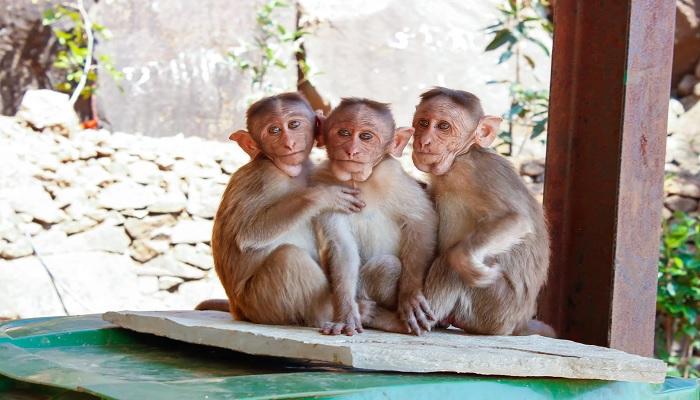
A recent literature review conducted by researchers at Concordia University sheds light on the remarkable adaptability of primates in coping with physical disabilities and impairments.
Analyzing 114 studies published in the American Journal of Primatology, researchers from the Primatology and Interdisciplinary Environmental Studies (PIES) Lab discovered that various primate species exhibit behavioural flexibility and innovation to overcome their disabilities. These adaptations often stem from early maternal care and support from peers within their social groups.
One unexpected finding was the frequent association between human activity and primate impairments. PhD candidate Brogan Stewart, the lead author of the study, highlighted the prevalence of disabilities caused by factors such as snare traps, crop protection measures, vehicle collisions, and genetic issues exacerbated by human interactions or environmental contaminants.
Spanning studies from 1931 to 2023 and covering 125 species, the research identified chimpanzees as the most studied species, followed by Japanese macaques, Rhesus macaques, Crab-eating macaques, and Olive baboons.
The analysis revealed three key themes:
Behavioural flexibility: Primates showcased adaptive behaviours, such as altering locomotion techniques or developing innovative feeding methods, to ensure survival and reproduction despite physical limitations.
Maternal and social care: Mothers of disabled offspring provided additional care, while peers within social groups occasionally adjusted their behaviour to aid disabled members, showcasing the importance of social support networks.
Innovation: Disabled primates demonstrated ingenuity in various activities, devising new grooming techniques or infant-carrying methods tailored to their individual needs.
The findings underscore the resilience of primates in the face of adversity and highlight the unforeseen impacts of human activities on non-human animals. Sarah Turner, co-corresponding author and associate professor at Concordia's Department of Geography, Planning, and Environment, emphasised the need for further research to explore the consequences of disabilities for wild primate populations.
As Stewart delves into the complexities of behavioural patterns among Japanese macaques with physical impairments, the team hopes to gain deeper insights into the challenges and adaptations of primates living in their natural habitats.
















